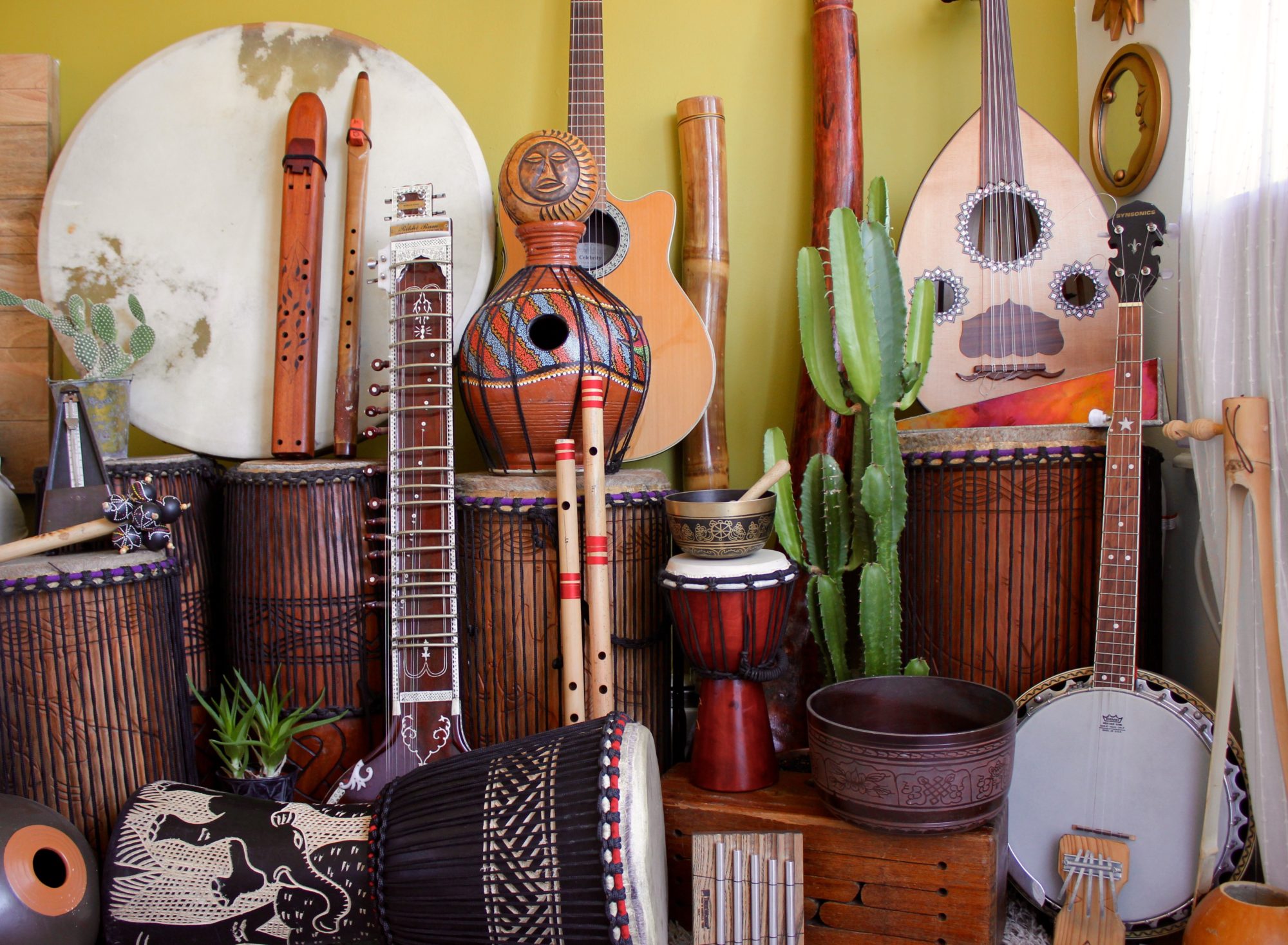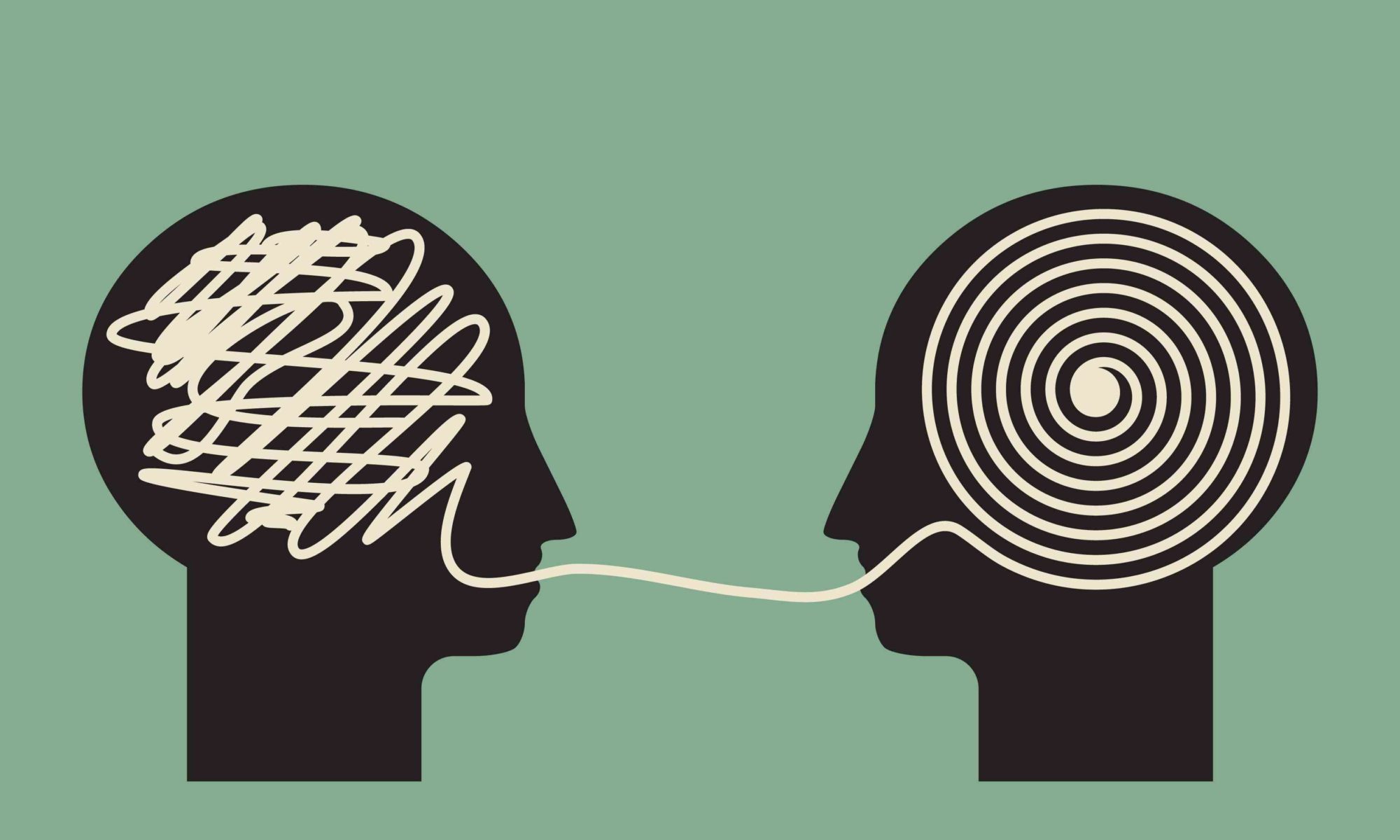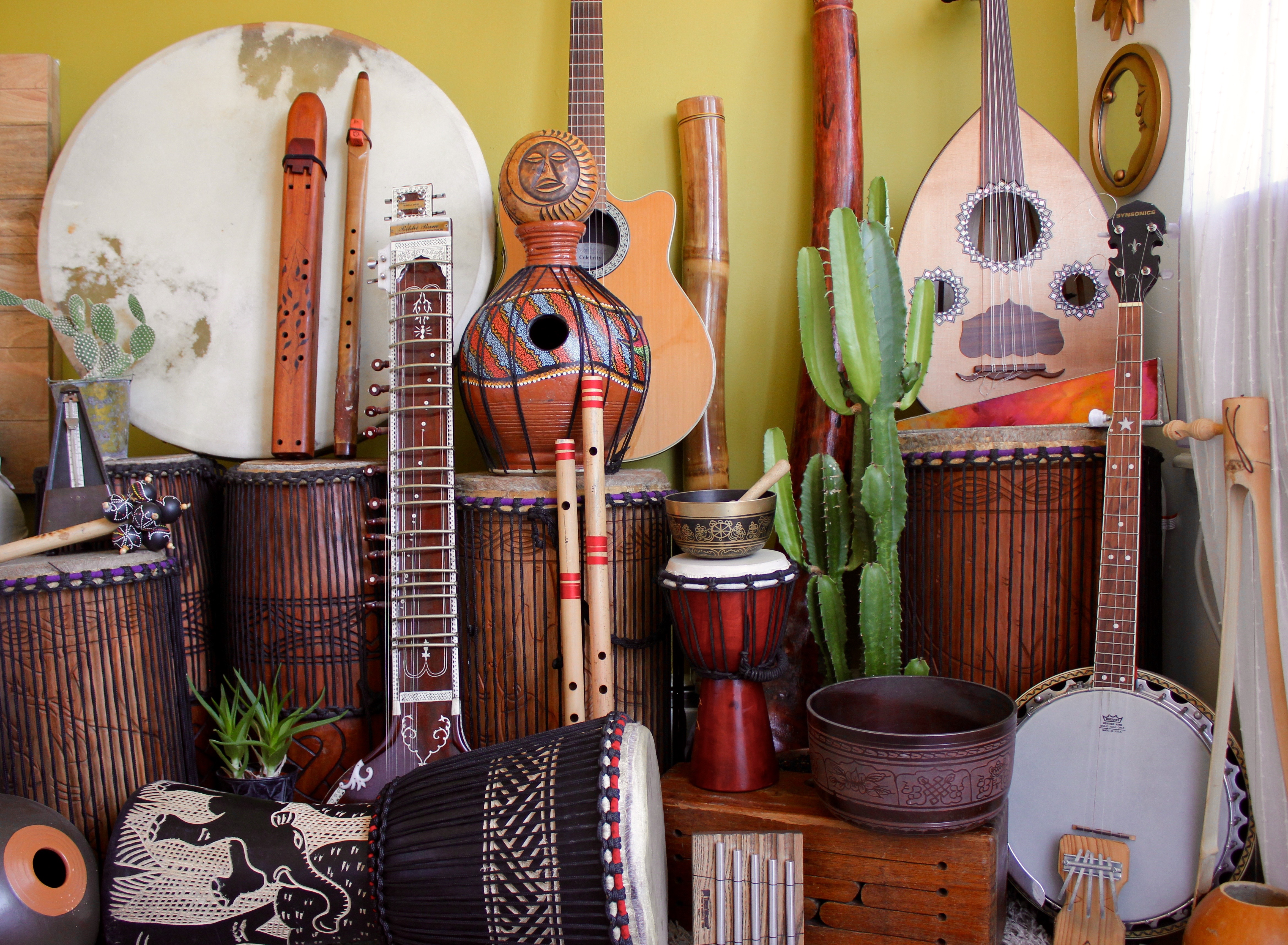Things to Consider When Choosing an After-School Musical Program
A growing body of evidence shows that an enjoyable, educational after-school program that includes music is an excellent long-term investment for your children and young adults. If you’re looking for Special Needs After-School Classes New York, you’ve come to the right place. At Musicamente, we have an inclusive program for children and young adults of all abilities.
We’re back with another installment of our series on music education! You, as a parent, should keep in mind the following points while looking for a music school for your children or young adults: In this section, we’ll go a little more into the topic of after-school programs.
In the absence of other viable options, a special needs after-school New York called Musicamente use music as a motivator, memory aid, or timekeeper. One of the finest long-term investments you can make for your children or young adults is to enroll them in a music-rich, fun, educationally centered after-school program. A quality after-school program provides your children or young adults with a place to feel comfortable, meet new people, and learn new things in a setting that they look forward to each day. Non-testing, fun-filled environments paradoxically help your child flourish and relieve the stress of the school day.
The well-being and growth of your child can’t be achieved without after-school music activities.
The following are a few things to keep in mind:
- If you’re considering an after-school program for your child, check it’s taught and administered by certified music teachers.
- Check out the program and the reviews. Examine the children or young adult work and make remarks on the approaches used in the classroom. Check whether your children or young adults are having a good time.
- If your children or young adults must go to and from school and work, is the program location convenient for you and your family?
- In an after-school program, students can participate in a variety of activities in addition to music. Enrichment activities, breaks, and playtime are essential components of a top-notch after-school program. Please do some research to understand better how they handle complaints and other concerns.
- In addition, how is discipline implemented? What kind of training does the person have in first aid and care? Other than music related activities, what else is there to do?
- When and where is music used in a course or program? Is it only a recreational pastime, or does it include professional-level training in music, singing, or dancing?
- Is the program a part of a larger educational initiative, or is it a stand-alone initiative with a significant focus on after-school care?
We understand how difficult it may be to find the proper after-school program. We provide a wide range of excellent after-school alternatives, and we can also assist you in providing your children or young adults with the greatest possible post-school experience.


